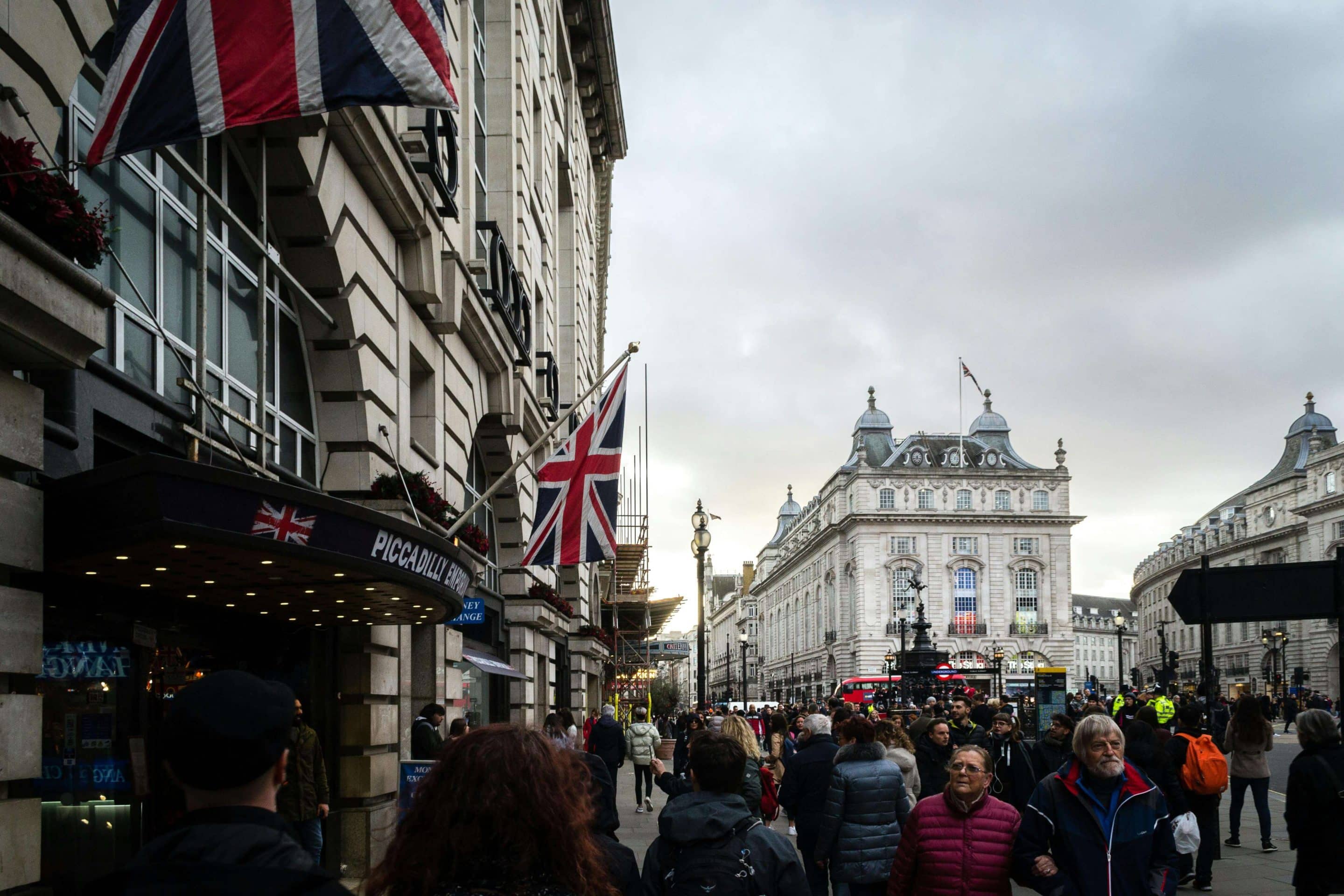The Blog
London’s 2024 Mayoral Election and the Battle for the Capital’s Soul

By Joseph Vambe
As Londoners prepare to cast their votes on May 2nd, 2024, the capital stands at a pivotal crossroads, with the outcome of the mayoral election poised to shape the city’s future for years to come. The significance of this election transcends local politics; it is a bellwether for the nation’s political landscape and a reflection of the broader societal issues at play, including education, prosperity, and the deepening chasms of inequality.
In the race for City Hall, the contrast between the candidates could not be starker. Sadiq Khan, Labour’s incumbent mayor, seeks a historic third term with a campaign built on ambitious policies that address the core needs of Londoners. From his groundbreaking initiative to extend universal free school meals, saving families up to £1,000 per child, to his commitment to delivering 40,000 new council homes by 2030, Khan’s vision for London is one of inclusivity, sustainability, and prosperity. His leadership during challenging times has been a testament to the values of openness, equality, and community cohesion.
On the other side, Susan Hall, the Conservative challenger, has faced scrutiny over comments and actions that have raised serious concerns about her suitability for the role. Accusations of Islamophobia and racism, coupled with a lack of clarity on crucial policy positions and a misunderstanding of the basic elements of London’s transport economy, mark a candidacy that appears out of touch with the diverse and dynamic populace of the capital. Labour has rightly demanded an apology for these actions, underscoring the importance of leadership that unites rather than divides.
This election also comes at a time when poverty and inequality are drastically increasing, with 40% of children in the capital living in poverty. Families across London are feeling the squeeze of the cost-of-living crisis, the policies championed by Sadiq Khan, particularly around housing and support for struggling families, offer a safety net. The extension of free school meals and the drive for more affordable housing are not just social policies; they are economic ones, laying the groundwork for a more literate and secure population.
As the mayoral election draws closer, polls suggest a significant lead for Sadiq Khan over Susan Hall, indicating a strong preference among Londoners for continuity and progress. The Savanta poll for the Centre for London, placing Khan at 51% against Hall’s 27%, not only highlights Khan’s broad-based support but also reflects a deep-seated confidence in his leadership. This lead is maintained across both Inner and Outer London, underscoring the mayor’s appeal across the capital’s diverse constituencies.
However, polls are more than just numbers; they echo the concerns, aspirations, and values of the electorate. Londoners’ support for Khan, despite criticisms on certain fronts such as handling of knife crime and homelessness, speaks volumes about their prioritisation of inclusivity, diversity, and tolerance. His achievements in managing London’s transport network and protecting the city’s green spaces resonate with a populace keen on sustainable living and environmental preservation.
Contrastingly, Susan Hall’s campaign struggles are amplified by her apparent disconnection from the everyday realities of Londoners. Her inability to address basic questions about bus fares and police salaries, coupled with controversies surrounding her comments and social media activity, paint a picture of a candidate not fully in tune with the city she aspires to lead. This disconnect is further highlighted by her stance on policies like the ULEZ expansion, which, despite its controversy, is recognised for its environmental benefits and compliance levels.
The introduction of first-past-the-post voting for this election adds an unpredictable element to the race, potentially narrowing margins and amplifying the impact of every vote. It’s a reminder of the importance of participation in the democratic process, and the power of Londoners to influence the direction of their city.
This election’s outcome could also serve as a precursor to the national mood, offering insights into the broader political landscape as the UK inches closer to a General Election. A decisive victory for Khan could bolster Labour’s prospects nationally, signalling a hunger for policies that bridge inequalities and champion social welfare, crucial in these economically challenging times.
The mayoral election represents an opportunity to reaffirm the importance of policies that not only address immediate needs but also invest in the long-term financial well-being of Londoners. The prioritisation of tackling child poverty, affordable housing, and support for the most vulnerable reflects a vision for a city where everyone has the tools and opportunities to thrive.